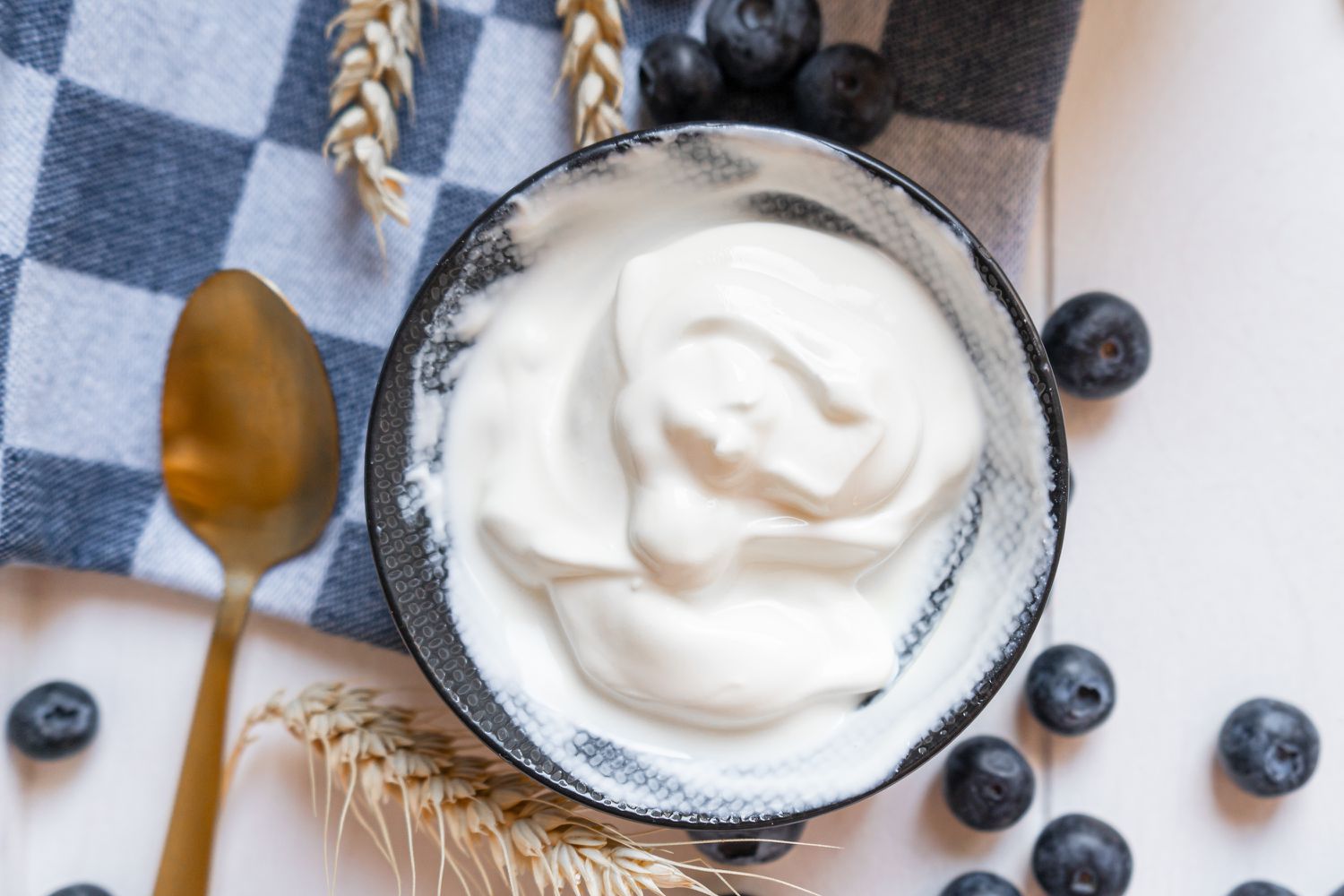More often than not, bad dog breath home remedies are often ignored and we tend to go for commercial products for our furry friends.

How does bad dog breath happen?
Bad breath in dogs can be caused by a number of things, including plaque buildup on the teeth, gum disease, food particles stuck in the teeth, or even medical conditions such as kidney disease or diabetes. If your dog has bad breath, it's important to take them to the vet to rule out any underlying health problems.
Here are some other possible causes of bad breath in dogs:
- Diet: If your dog eats a lot of sugary or fatty foods, it can contribute to bad breath.
- Dry mouth: If your dog doesn't drink enough water, their mouth can become dry, which can lead to bad breath.
- Hormonal imbalances: Some hormonal imbalances, such as hypothyroidism, can cause bad breath in dogs.
- Medications: Some medications can also cause bad breath in dogs.
There are a few things you can do to help freshen their breath at home. Here are a few home remedies you can try for your dog.
Bad dog breath home remedies #1: Raw bones

Meaty raw bones are good for your dog’s oral health since chewing naturally increases saliva production, which combats tooth decay. What’s more, dogs simply love them!
Beef or lamb bones work best as natural remedies for bad dog breath. Get raw bones from your local butcher or order online. Avoid cooked bones as they may splinter, causing injury to your dog’s digestive tract.
Bad dog breath home remedies #2: Raw fruit & vegetables

Apples, carrots, broccoli, celery stalks laced with a bit of peanut butter is the perfect solution for bad dog breath. Similar to bones, the process of chewing on these helps remove tartar and plaque. Chop them up, de-seed if needed and add the pieces to his daily meal.
Bad dog breath home remedies #3: Parsley & mint leaves

Kitchen herbs are the easiest natural remedy for bad dog breath. Chop fresh parsley and mint leaves or pudina leaves and sprinkle them over your dog’s food. Alternatively, you can boil mint leaves in hot water, cool the mixture and spray directly on your dog’s teeth.
Bad dog breath home remedies #4: Yogurt

Sometimes, bad breath can be a side-effect of digestive problems. Yoghurt is an easy-fix, natural remedy for bad dog breath. Add the unflavoured yoghurt as an additional post-meal treat or mix it directly in the food.
Apart from these, there are a few of other natural bad dog breath solutions you can find around your homes such as adding a few drops of coconut oil, apple cider vinegar, cloves, wheatgrass, lemon to his food or water. As with all-natural remedies, try a small amount at first to see what works best.
Additionally, here are some tips to prevent bad dog breath:
Brush your dog’s teeth regularly:
Check with your vet for a dog toothpaste that you can brush your dog’s teeth with daily. Human toothpaste is a no-no since it can be potentially harmful to your dog.
Give him lots of clean water:
A dry mouth can also cause bad breath. Make sure that your dog has easy access to ample fresh drinking water, that can naturally cleanse the mouth. Don’t forget to regularly clean his bowl too.
Monitor food intake:
Quite often, you might find that your dog has bad breath because he’s been rummaging in the trash or eating something he wasn’t supposed to. Monitor his breath close to 4 hours after meals.
However, if your dog has other symptoms along with bad breath such as inflamed or discoloured gums, poor eating habits or irregular bowel movements, this might be indicative of a serious underlying problem. In such cases, It is important to seek prompt medical attention for your pet. One option to consider is scheduling an online vet consultation, as it can provide a convenient and efficient way to discuss your pet's symptoms with a licensed veterinarian and receive proper guidance on how to proceed with their care.












